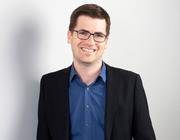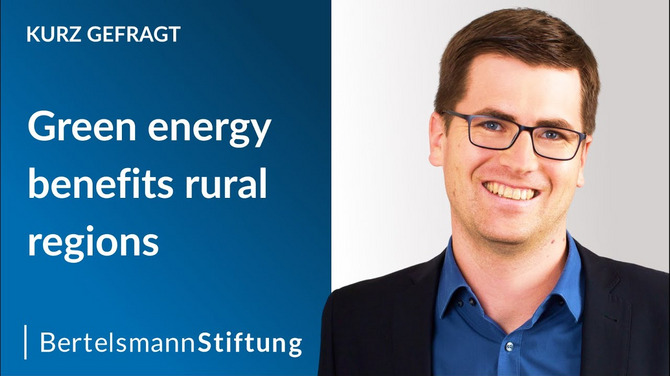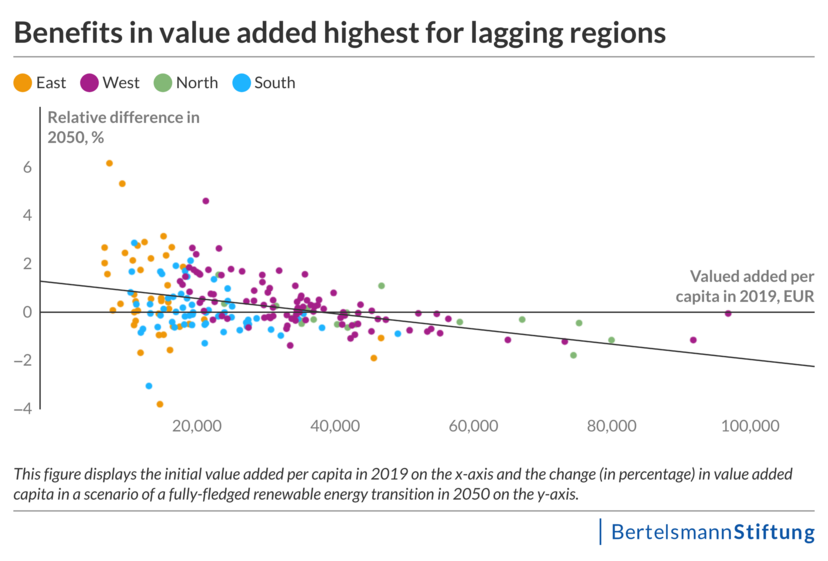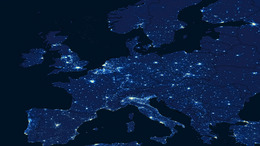The European Union wants to be climateneutral by 2050 - this is at the heart of the Green Deal. The biggest challenge to this is the decarbonization of the European energy system. To achieve it, fossil fuels must be replaced by renewable energy. Our new study shows that overcoming this challenge could also strengthen economic cohesion between Europe's regions.

bearbeitet: © lassedesignen - stock.adobe.com
Energy transition: A boost for Europe's rural regions
More jobs, greater prosperity and improved economic cohesion: the energy transition promises to boost rural EU regions in particular. These will benefit from the further expansion of renewable energy, while urban areas will need additional support - this is the conclusion of our new study.
Content
Positive effects on European cohesion
The shift to renewable energy is a great opportunity for rural regions. They will benefit with an increase of up to 4.9 percent in employment and up to 1,570 euros per capita in added value by 2050. This will contribute to an improved European cohesion, i.e. more equality between regions in Europe and greater economic balance. Regions that are already leaders in the expansion of renewable energy and rural areas with high potential for generating renewable energy will benefit the most from the energy transition. A good example of this is the con-trast between Berlin and Brandenburg: the rural area around the German capital could benefit, while Berlin itself has some challenges to overcome.
For many urban regions and areas whose industry is heavily dependent on fossil fuels, the energy transition poses a challenge that can have a negative impact on employment and economic prosperity. In these regions, value added decreases, and jobs lost because of the phaseout of fossil energy generation cannot be fully compensated by the expansion of renewable energy generation. In concrete terms, this means up to 2,450 euros less per capita in value added and up to 2.1 percent less employment by 2050. These differences between the regions are due to their respective potential for generating renewable energy and their economic structures.
The result is an unusual picture. Rural regions in particular, which are usually considered to be economically weaker, are more likely to benefit from the energy transition than urban regions, which are usually economically stronger. This reshapes the map of economic prosperity in Europe. Overall, however, there will be no significant impact across the EU in terms of value creation and employment for the European economy.
European cohesion policy must be conceived more broadly
"One thing is clear: The energy transition opens up opportunities for rural regions, while new challenges arise for urban centers. What is needed in view of these regional differences is an expansion of the strategy. On the one hand, the negative effects must be counteracted, particularly in urban regions. On the other hand, rural regions must be helped to realize their full potential. An adapted European cohesion policy is now more necessary than ever to meet these challenges," explains our Economist Thomas Schwab.
European cohesion policy must therefore expand its scope to include urban regions, which have received less attention to date. At the same time, the focus must remain on rural regions to ensure that the potential created by the energy transition is actually leveraged. Targeted support for all regions in the energy transition is not only crucial for European cohesion, but also for the success of the European Green Deal. Thomas Schwab: "The EU faces the major task of shaping its Green Deal and the energy transition in such a way that as many regions as possible benefit from the opportunities. If it permits there to be losers, it will jeopardize the political and public support for this European project of the century."
Material
- Benefits in value added highest for lagging regions
- Potential for enewable energy highest in the East and South of Europe
- Renewable energy consumption more than doubled between 2005 and 2020 - but a further doubling by 2030 and quadrupling by 2050 is necessary
- CO2 emissions highest in the East and South of Europe
As part of the "Europe's Economy" project, the Bertelsmann Stiftung is investigating which economic, social and territorial imbalances are important for the EU. It analyzes how the structural changes associated with the digital and green transformation affect Europe's economy and its cohesion. The study was developed in cooperation with GWS. It analyzes how the further expansion of renewable energy affects the economic cycles in the European regions. A new type of multiregional input-output model is used to determine the changes in terms of regional value creation and jobs.










